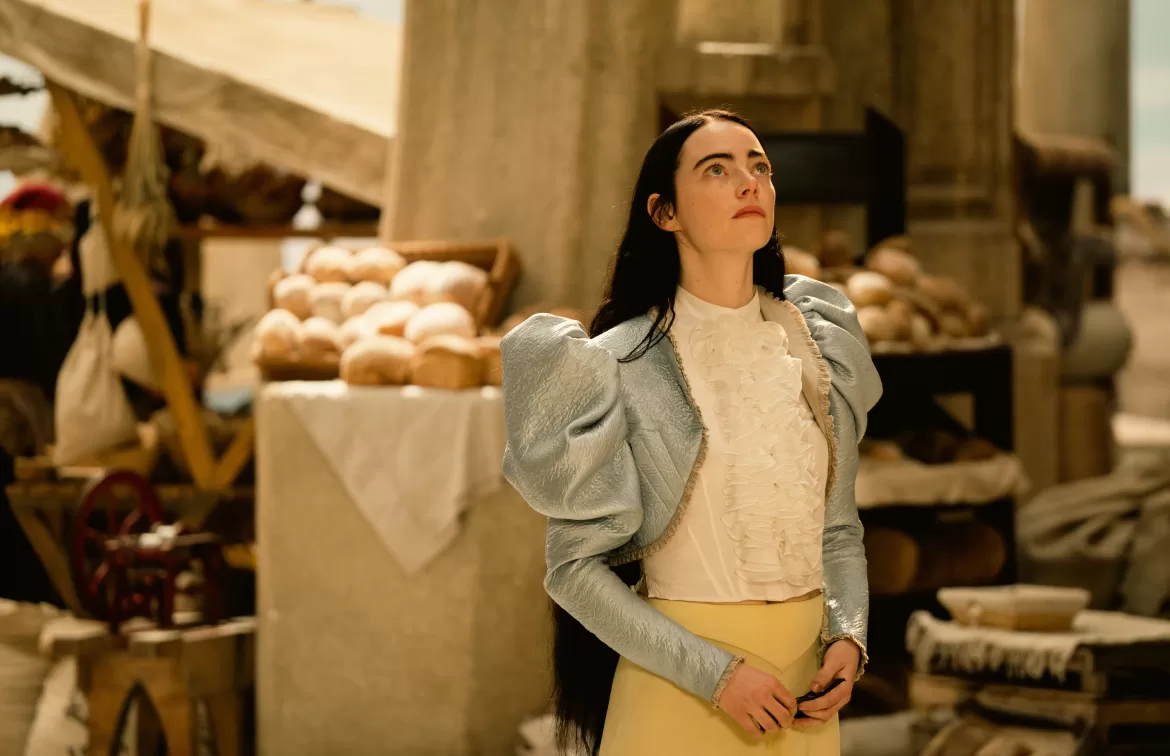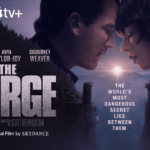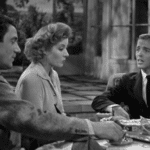In 2017, I had to endure the spectical that is Guillermo del Toro’s ‘A Shape of Water’. Though I’d enjoyed some of del Toro’s earlier works, with Pan’s Labyrinth a particular highlight alongside Crimson Peak, which despite my aversion to similar films I particularly loved, I was more mixed on his work by the time ‘A Shape of Water’ came around. I knew little going into the film; however, I left feeling as if I’d perhaps watched del Toro’s worst film to date. (My disappointment for Pacific Rim – as a movie on paper that seemed incredible – may rank it equally low alas, but I go back and forth on that.) del Toro’s impetus for ‘A Shape of Water’ came from his love of ‘The Creature from the Black Lagoon’, which despite being a surprisingly thin film, especially as the creature’s motivation is concerned, has remained a touchpoint for mismatched romances. (It’s truly a stretch interpretation from the original film; however, a surprisingly common one.) While ‘The Creature from the Black Lagoon’ was fine for the time, it signaled the end of Universal Monsters and its impact has lessened in comparison with the other famous creatures of the era. del Toro perhaps wanting to bring his inspiration to the forefront again (and after failing to get a remake made), took another turn and developed his own flawed fable of a fish man in love. What del Toro created however was less loving and more monstrous than the original film, with little heart and love earned for any characters, despite the presence of a strong boogey man in Michael Shannon’s terrifying Richard Strickland attempting to foil our way into caring for the prime characters. del Toro who had shown himself to be such a lover of fables and film had somehow given us this flawed, frustrating film, which despite all of that won Best Picture at the Academy Awards. Now some years later Yorgos Lanthimos, a director of repute despite I’d say a much weaker track record, has developed his own fable on the back of Mary Shelly’s Frankenstein. Like del Toro years before, he’s taken the familiar tale and used it to his own advantage, and though it has a strong enough critical backing to win an award, its as undeserved if not more so than del Toro’s film.
‘Poor Things’ Review
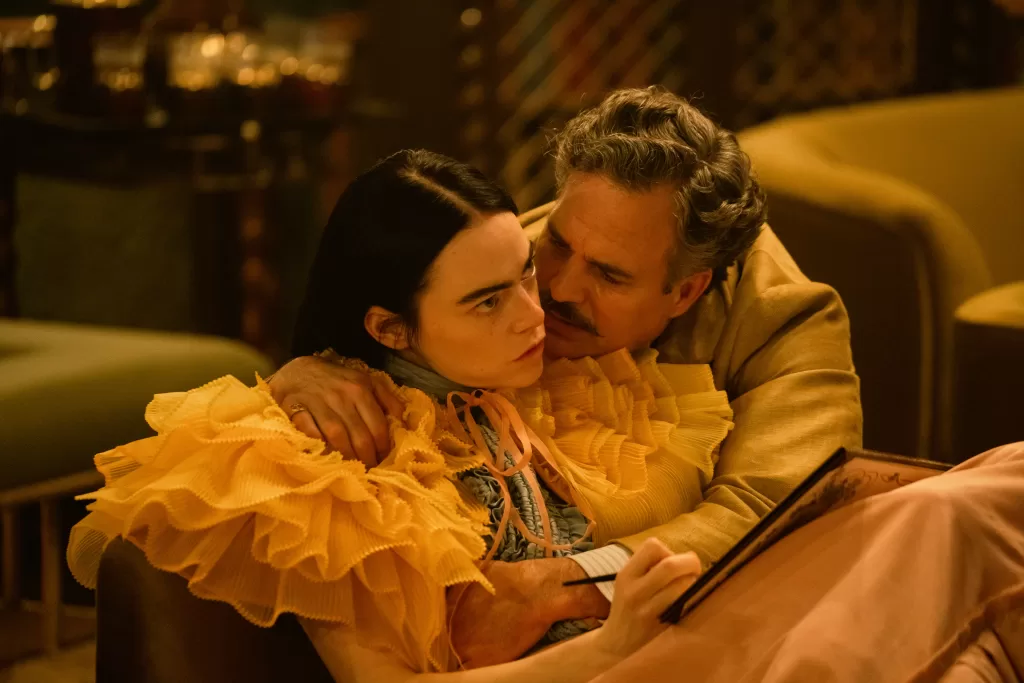
Emma Stone and Mark Ruffalo in POOR THINGS. Photo by Atsushi Nishijima. Courtesy of Searchlight Pictures. © 2023 Searchlight Pictures All Rights Reserved.
If you are unfamiliar with the setup of ‘Poor Things’, the film stars Emma Stone as Bella Baxter, a Frankenstein’s monster-like creation of Dr. Godwin Baxter portrayed by Willem Dafoe. Bella was formed with the brain of a baby, and the body of a young adult woman, and as such her maturation mentally takes time. Dr. Godwin hires one of his proteges Max McCandles, portrayed by Ramy Youssef, to look after Bella’s development. As she learns and grows she begins to seek independence from her sheltered life, and her creator she calls ‘God’ (get it ‘Godwin’ God?), she decides to venture off into the world with a rapscallion named Duncan Wedderburn portrayed by Mark Ruffalo. What follows is a fantastical journey filled with sex, pontification, and more sex.
I went into the film perhaps too optimistic giving my history with Lanthimos work. After hearing an incessant number of NPR underwriting spots promoting ‘The Lobster’, his 2015 film, I watched it alas and found the film to be so droll and lifeless I never completed it. Delving into his career deeper I understood Lanthimos work is largely of the so-black-it’s-not-comedy variety, that I’ve never seen as very interesting and certainly not worth my time. However, I’ve always appreciated Frankenstein, in particular the original novel, and I thought perhaps Lanthimos with his seemingly sex-positive, progressive take might have something to offer. However, as Frankenstein’s monster seeks love and beauty and finds not, I too found nothing in this preposterous, overwrought display of cinema that would be better spent on the cutting room floor than on a screen of any size.
I could talk about how I found the world to be so falsely constructed, with the faux-whimsy of Amelie and the cynical look of ‘Babe: Pig in the City’ smashed together to make a monstrous creation, that its distracting beyond belief. However I realize that’s often a hang-up for me personally. What I think is a larger issue is that this film purports to be one which Bella has agency (the proxy for all women one would presume, as there are surprisingly few women with on-screen time compared to the men), yet every choice of Bella’s drives her further and further into the arms (and often beds) of atrocious, awful men. Bella is allowed to seek her own pleasure (a positive idea at least), and often does, but she’s always ultimately at the whims of either her father figure Godwin, her “teacher” McCandles, Wedderburn, and later many others I won’t spoil.
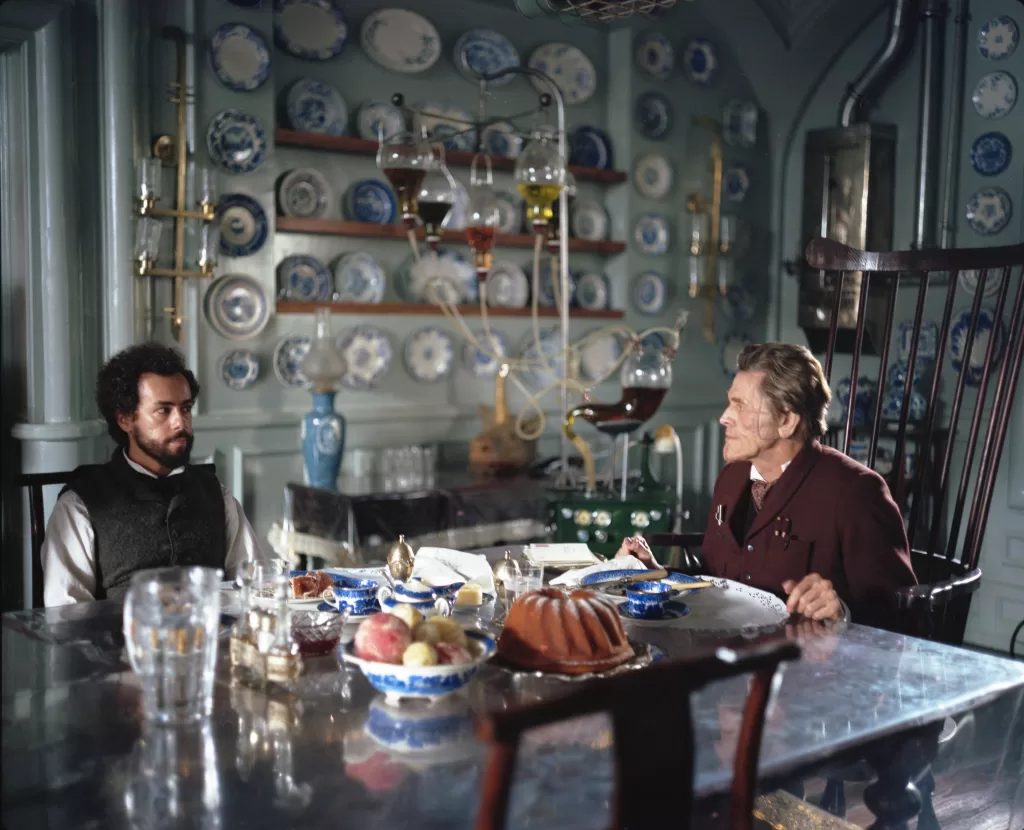
Ramy Youssef and Willem Dafoe in POOR THINGS. Photo by Yorgos Lanthimos. Courtesy of Searchlight Pictures.© 2023 Searchlight Pictures All Rights Reserved.
Ultimately there is only one line at any point in the film that actually lands a intriguing thought, and that is actually during one of the lowest moments for Bella, when she finds herself in a brothel run by a woman (but dominated by men) that she yet again lacks agency in. (I say she lacks agency for while she does wish for sex by this point in the film, she’s routinely trying to tell the madam that it’d be better for all if the women chose who they slept with, which falls on deaf ears.) The line is expressed as a retort when Wedderburn, dejected by Bella’s “whoring” as he’d say, retorts something to the affect of she’s only fulfilling her role since men request it. That’s it however, and a movie generated to create that one line – which isn’t even a new piece of insight – is nothing.
I’m afraid there’s very little of worth to write about the rest of the film. Any attempts at humor – despite some laughs in my theater – fell flat for me. (Violence is so often the “punchline”, and that never works for me.) We spend too much time with Dafoe’s Godwin, who is given life by the performance more than perhaps any other character, but still is needless after the first ten minutes. Perhaps the only pleasant part in the whole film, as I even found Stone’s performance to be quite lacking, is that of Ramy Youssef. I’d only known him for his stand-up, as I’d not yet caught his titular show; however, I was impressed with his acting here and I know if he wants to do so he’ll go far in this line of work as well.
Ultimately though like few films before this I left feeling worse. Not only about my choices to spend money on this film, but just knowing this was in the world somehow had me dejected, and that it’d be so falsely – as it has been – praised as any kind of piece of progressive filmmaking is just confounding to me. I think if you want to experience a fascinating allegory that looks at creation, agency, and sci-fi from a progressive perspective that is actually worth its weight, then all you have to do is check out Mary Shelley’s Frankenstein. Trust me, you’ll thank me that you did.
